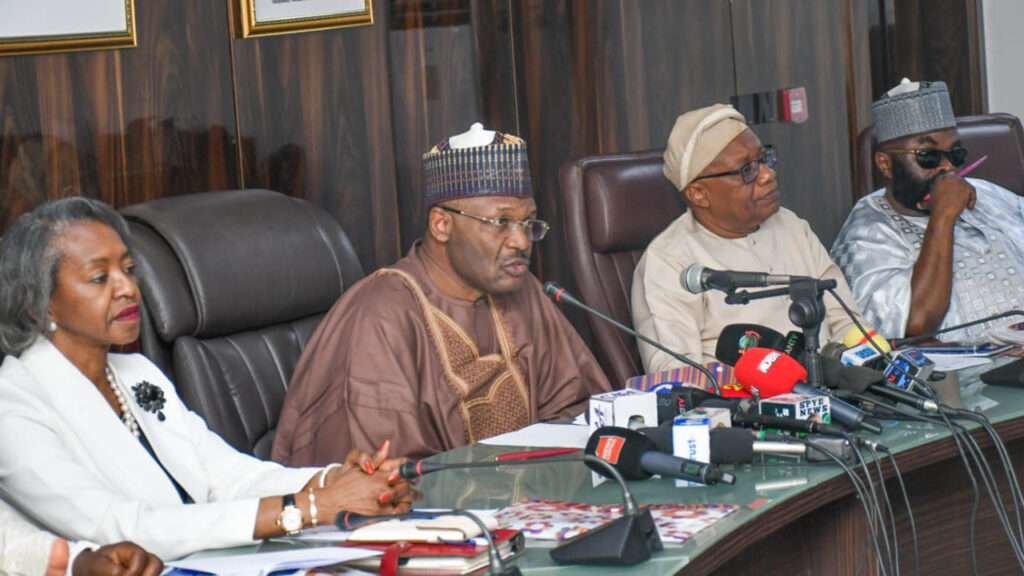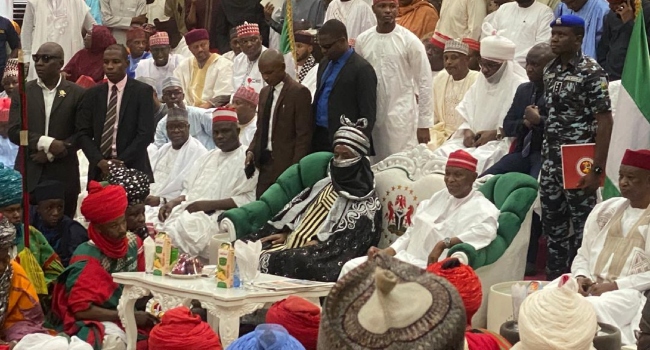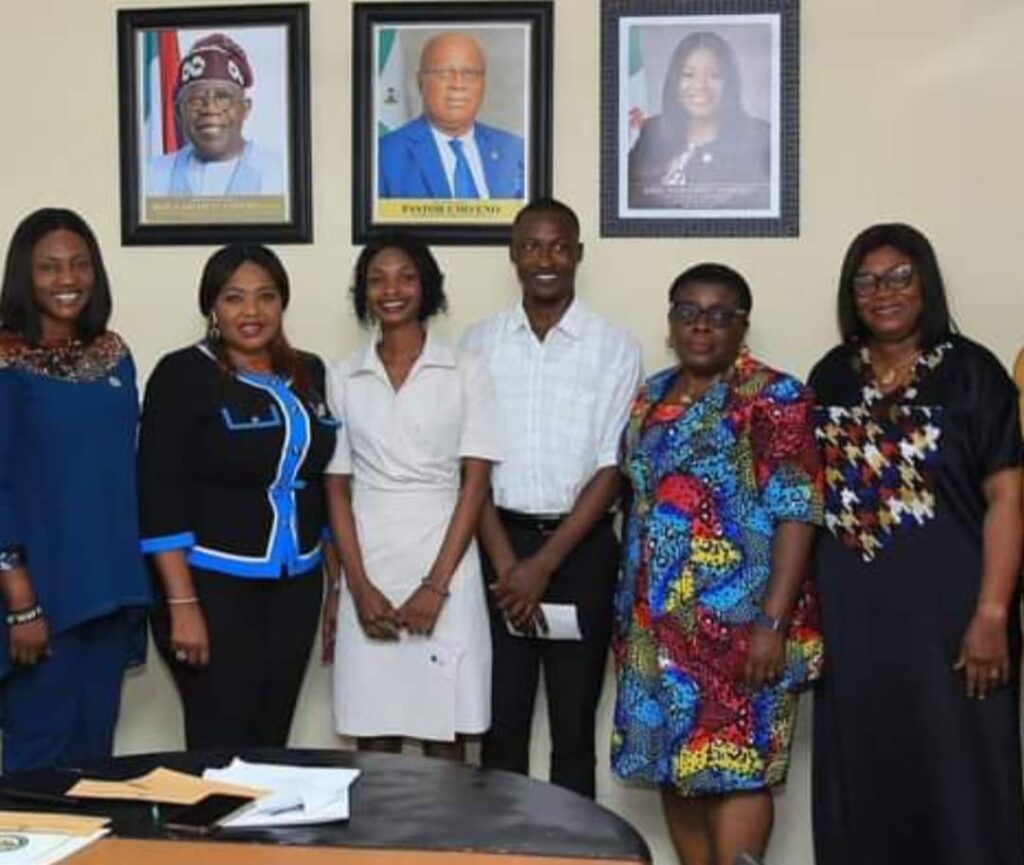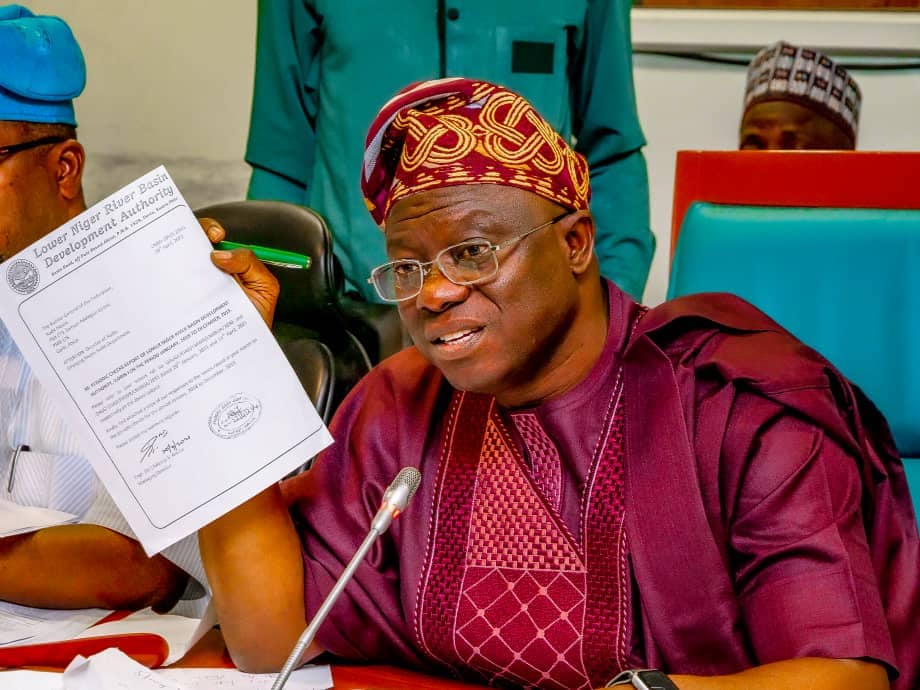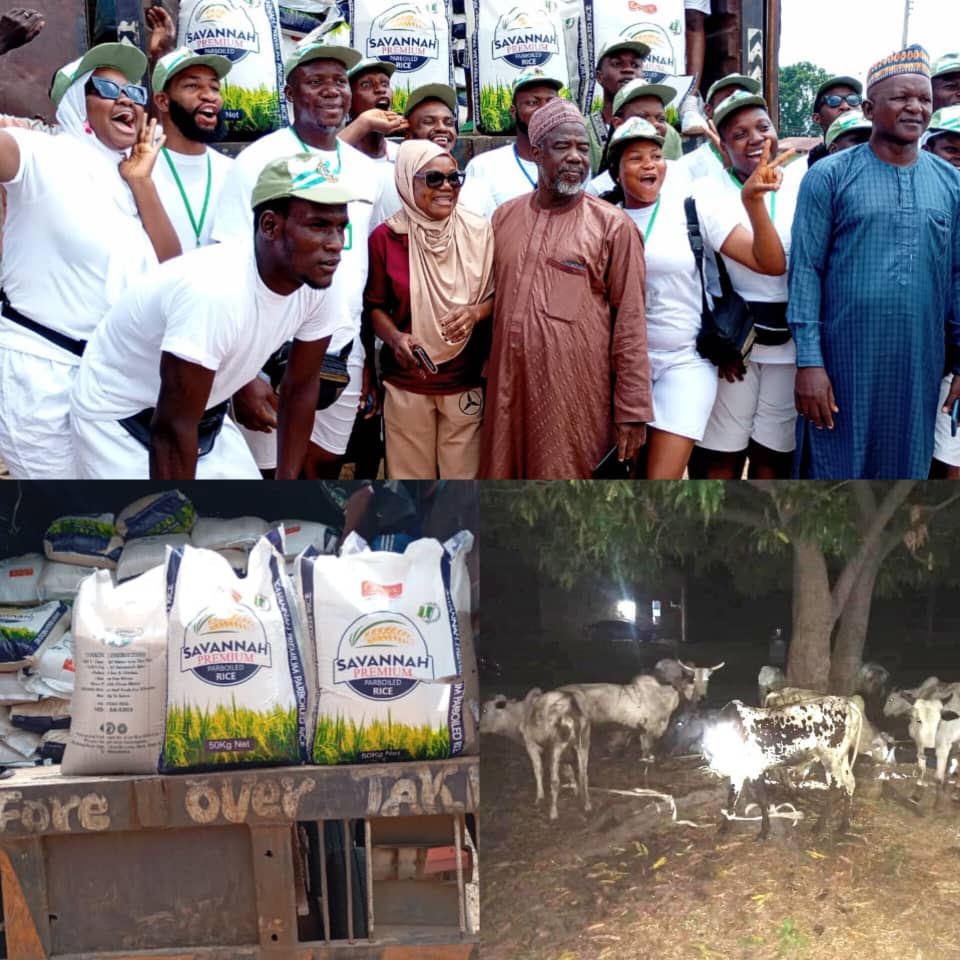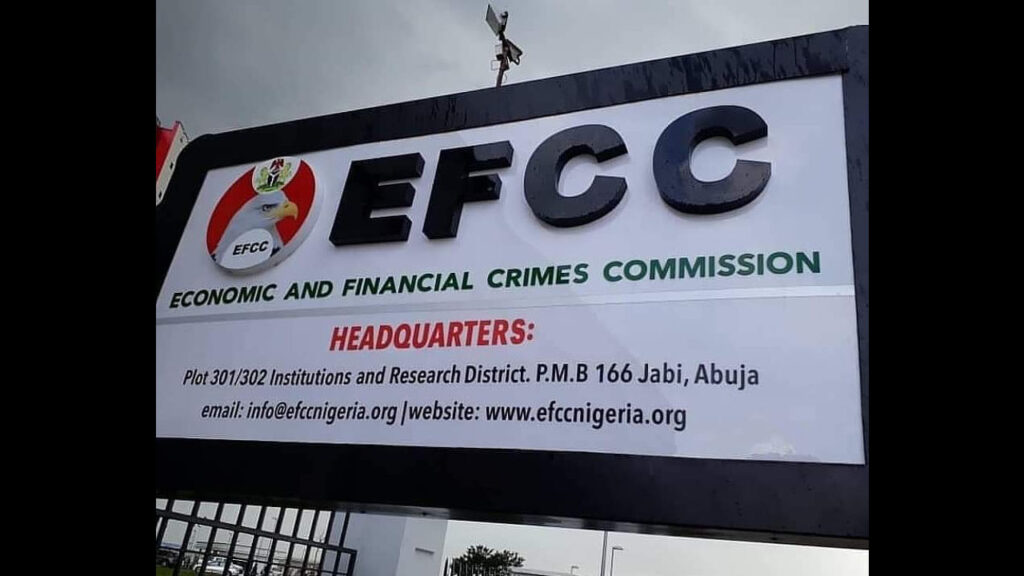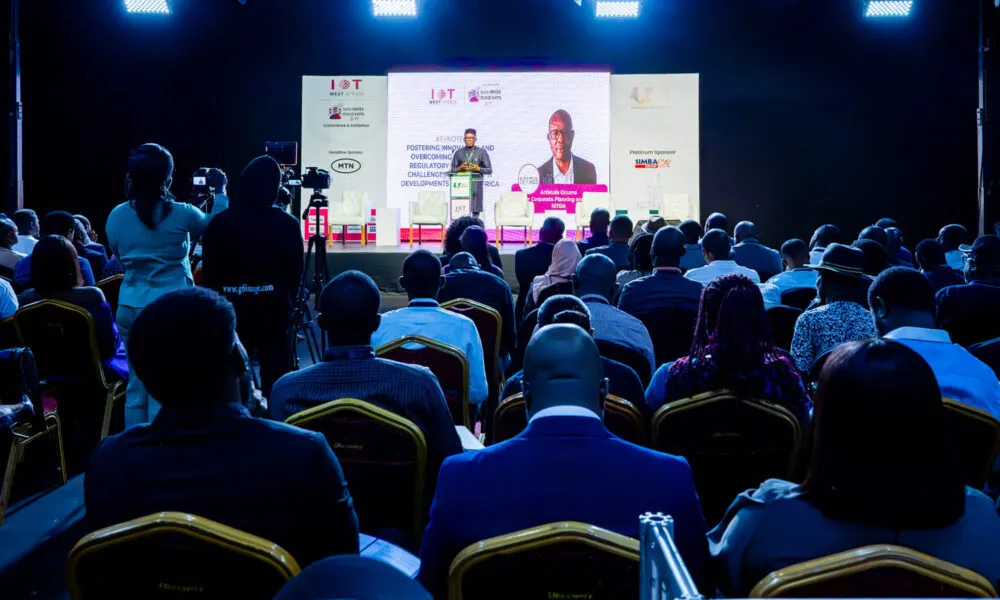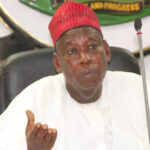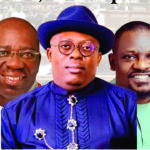
IPAC embarks on post-election visits to foster unity among parties
Chairman of the Independent National Electoral Commission (INEC), Prof. Mahmood Yakubu, has declared that the commission will no longer accredit civil society organisations (CSOs) that fail to submit a report of their monitoring after every election. The commission also disclosed that 16 political parties have indicated interest to participate in the November off-cycle governorship election in Ondo State.
Yakubu stated this at a meeting with leaders of CSOs in Abuja, yesterday. The INEC chairman lamented that some CSOs were yet to submit their reports and recommendations on the 2023 general elections, in fulfillment of a condition for their accreditation.
He also disclosed that the electoral body will publish the particulars of candidates for the Edo State governorship poll by March 31, in line with the timetable and schedule of activities for the election.
He said: “While many of you have submitted your reports, some accredited observers are yet to do so for the general election, supplementary elections, off-cycle elections, by-elections and re-run elections.
“May I therefore seize this opportunity to remind those who are yet to submit their observation report that it is mandatory to do so, being one of the conditions for eligibility to observe future elections. Going forward, the commission will operate strictly on the policy of ‘no observation report, no accreditation.”
The INEC boss urged CSOs to “engage with political parties and observe their primaries, just as you engage with INEC and deploy observers to the main election conducted by the commission”.
According to him, “by doing so, you will strengthen your advocacy for inclusivity for groups, such as women, youths and Persons with Disability (PwD) that are under-represented in elective offices at national and state level”.
He assured that INEC will continue to partner with CSOs in the conduct of its activities, adding that the commission appreciates the observations and recommendations contained in the election reports submitted.
He noted that some of the reforms and innovations introduced by the commission over the years were drawn from observations by CSOs.Yakubu explained: “There is no election season in Nigeria any longer. Elections are held all year round between one general election and another. Our last quarterly meeting for the year 2023 was held on the eve of the three off-cycle governorship elections in Bayelsa, Imo and Kogi states. Last month, by-elections and re-run elections were held across the country for National and State Assembly constituencies.
“Even today’s meeting is coming in the middle of increased activities for the forthcoming off-cycle governorship elections in Edo and Ondo states. As you are aware, the Edo governorship election is holding on Saturday September 21, 2024, while that of Ondo state is scheduled for Saturday November 16, 2024.
“This means that we have just six months to the Edo State governorship election and only eight months before the Ondo state governorship election. It is therefore appropriate to brief you on preparations for the two.”
Meanwhile, the Inter Party Advisory Council (IPAC), yesterday, embarked on a post-election visitation programme, to foster unity within political parties.
The council also announced its new slogan, ‘Deepening Democracy in Nigeria’, as part of its commitment to addressing critical issues affecting the nation.
The Chairman, Yusuf M. Dantalle, who disclosed this in Abuja, during a press briefing, noted that one of IPAC’s notable achievements is the swift resolution of legal challenges faced by the council.
IPAC commended all stakeholders and leaders of political parties for their unwavering support, which, it said, contributed to significant achievements within the first 90 days of the current administration.
Dantalle said: “Despite facing legal challenges to the election of IPAC officials, the council swiftly vacated the procured court order against the duly democratically elected executive and garnered eminent support from stakeholders to foster unity within the organisation. It is instructive to note that the council got a sound judgment in favour of the council.
“The council visited about 10 national chairmen of political parties as part of a post-election reconciliation process. The visit is ongoing and is anticipated to consolidate the inclusivity vision of the council’s leadership.”
He added: “IPAC prioritised enhancing partnerships, evident in its visit to the National Institute for Policy and Strategic Studies (NIPSS) in Jos, Plateau State. The two-day working visit led to the development of a collaborative two-day Workshop for National Chairmen and National Women Leaders by NIPSS in Abuja, supported by the MacArthur Foundation.”

